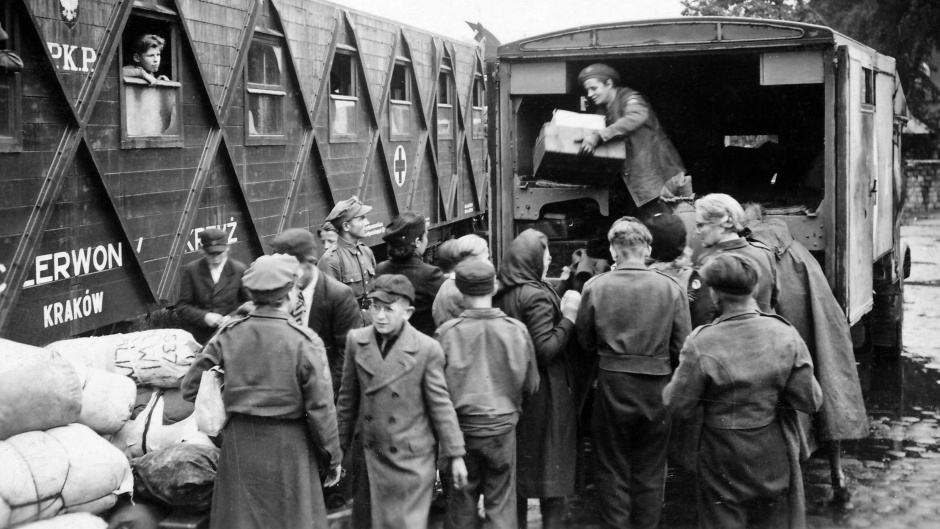The Thirties: A rapid shift
There are so many parallels between then and now. What could and should the pastors do in a society that is leaning in a dangerous direction?
14 JUNE 2024 · 10:13 CET

The shift from the German Republic founded in 1919 to the Nazi’s Third Reich in 1933 was colossal.
Clearly, it was possible for things to shift so rapidly in that society. Are there any parallels between then and now?
As I read Albert C. Grzesinksi’s Inside Germany, so many statements jumped out to me:
- “The state, in my opinion, belongs to the people only if all the people take part in the exercise of government and public authority.” (p120) Is there not an increasing feeling of disconnect between the population and the people with ultimate power in our day?
- “The best laws are of little value when carried out haphazardly or reluctantly.” (p120) Confidence in a great legal system can drain away when it seems like there are different rules for different people.
- “Knives, pistols and explosives are dangerous weapons. To those, however, who are guided by ideals and who, in the political struggle, have not lost sight of human dignity and integrity, the weapons of slander, abuse and insidious intrigues are far more dangerous.” (p122)
ACG resigned as Minister of the Interior of Prussia in 1930 following a targeted hate campaign by communist and national socialist agitators. A politically motivated cancel culture is not a new phenomenon, but it is a concerning one.
- We might assume that the people of Germany in the 1930s knew all too well the history of the war in the 1910s. And yet, it doesn’t take long for a generation to rise who are ignorant or deliberately misinformed.
Those born during, or just before, the Great War became the youngsters who were so uninformed and so easily steered towards serving Hitler’s goals just two decades later. “What did those youngsters know of the struggles, miseries and sacrifices in the bitter war years?
Those youths from whom the truth was deliberately withheld had not the slightest inkling of the splendid response of the Social Democrats, the Jews and others to the war needs of the nation. How many of the young men and women who swallow the lies and deceits of the National Socialist propaganda, hook, line and sinker know . . .” (p362)
How confident can we be today that the younger generation is properly educated about the threats to our society from political, ideological or religious groups? The evidence would suggest that too many know all too little.
- In Mein Kampf, Hitler wrote that “A lie, if big enough, always has an excellent chance . . . . The masses with their primitive and one-sided minds are more susceptible to a big lie than a little one.”
It is troubling to see how confident many are today that they are not the victim of any big lies. They might acknowledge the possibility, or even the likelihood, of lies being the fare of politicians and the media.
But could they be the victim of a big lie? Of course not, because they would know if they were. It is a strange self-delusion, and our world is full of it.
There are so many parallels between then and now. More will emerge in subsequent posts, but this is a starter list to ponder and prayerfully consider.
And the question that hangs over it all, like a Zeppelin, is what could and should the church pastors do in a society that is leaning in a dangerous direction?
Peter Mead is mentor at Cor Deo and author of several books. He blogs at Biblical Preaching
Published in: Evangelical Focus - Biblical Preaching - The Thirties: A rapid shift
